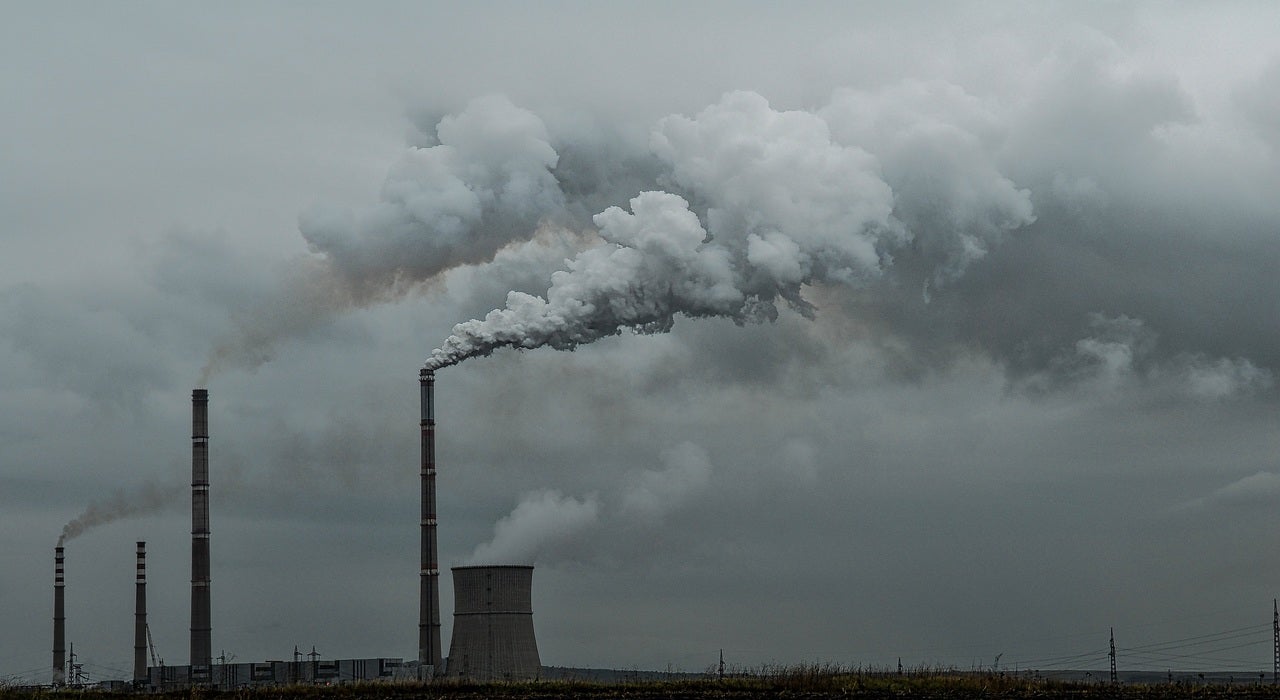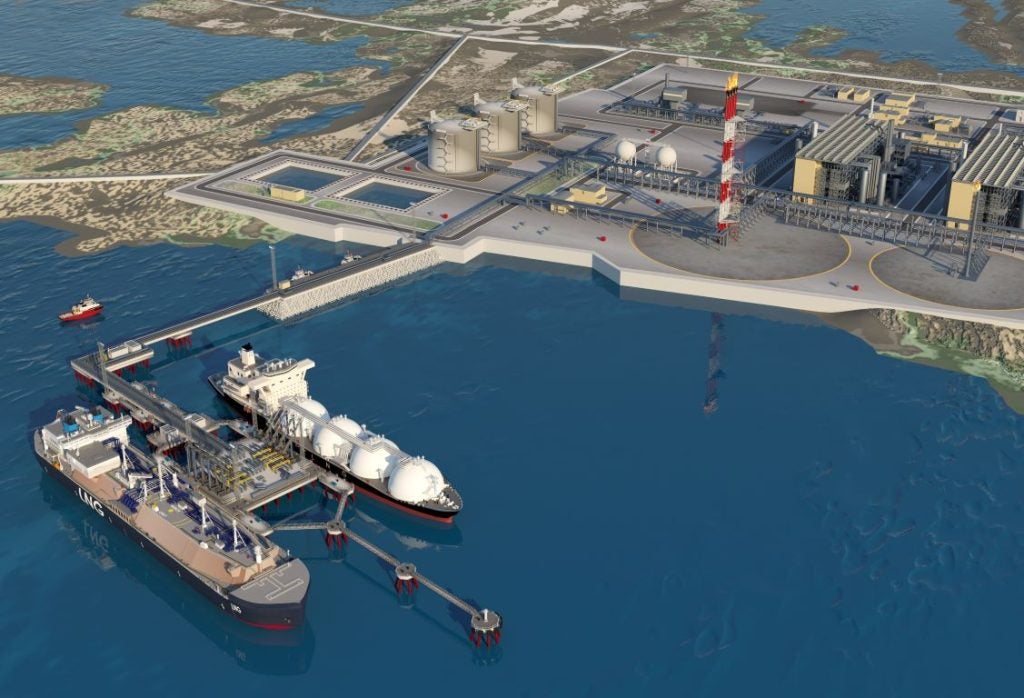
The International Energy Agency (IEA) has released a peer-reviewed report today, focussed on the efforts of oil and gas companies to reduce their environmental footprints, concluding that companies’ failure to address growing calls to reduce greenhouse gas emissions could threaten their long-term social acceptability and profitability.
The IEA’s ‘Oil and Gas Industry in Energy Transitions’ report suggested that oil companies must balance their desire for near-term financial returns and a long-term future by playing a much more significant role in combating the climate crisis.
The paper points out that the nearing of the Paris Agreement 2030 Agenda for Sustainable Development will increase the pressure on all industries to find solutions to their production of emissions.
IEA executive director Dr Fatih Birol said “No energy company will be unaffected by clean energy transitions. Every part of the industry needs to consider how to respond. Doing nothing is simply not an option.”
He pointed that the first immediate task for all parts of the industry is reducing the environmental footprint of their operations.
How well do you really know your competitors?
Access the most comprehensive Company Profiles on the market, powered by GlobalData. Save hours of research. Gain competitive edge.

Thank you!
Your download email will arrive shortly
Not ready to buy yet? Download a free sample
We are confident about the unique quality of our Company Profiles. However, we want you to make the most beneficial decision for your business, so we offer a free sample that you can download by submitting the below form
By GlobalData“As of today, around 15% of global energy-related greenhouse gas emissions come from the process of getting oil and gas out of the ground and to consumers. A large part of these emissions can be brought down relatively quickly and easily.”
Other suggested options include lowering the emission intensity of delivered oil and gas to eliminate routine flaring and integrating renewables and low-carbon electricity into new upstream and liquefied natural gas developments.
While some oil and gas companies have taken steps to support efforts to combat climate change, the report found that so far, investment by oil and gas companies outside their core business areas has been less than 1% of total capital expenditure, with the largest outlays going to solar PV and wind.
For example, environmental efforts of the largest explorers have been modest with BP having invested about 3% of its annual capital expenditure in low carbon activities in 2018, according to its annual report. Similarly, ExxonMobil has invested $9bn over almost two decades.
According to the report, stepping up investment in hydrogen, biomethane and advanced biofuels is crucial, because within ten years, “these low-carbon fuels would need to account for around 15% of overall investment in fuel supply if the world is to get on course to tackle climate change,” according to the report In the absence of low-carbon fuels, any transitions would become much harder and more expensive.
Currently, national oil companies are estimated to account for over 50% of global production and as the study points out, many are “poorly positioned to adapt to changing global energy dynamics.”
Dr Birol suggested that investment in oil and gas projects will still be needed, even in rapid clean energy transitions as if such investment was to stop completely, the decline in output would be around 8% per year.
“The scale of the climate challenge requires a broad coalition encompassing governments, investors, companies and everyone else who is genuinely committed to reducing emissions,” Birol added.
The report concluded that “transformation of the energy sector can happen without the oil and gas industry, but it would be more difficult and more expensive.” The IEA also suggests that the oil and gas industry needs to clarify what clean energy transition means for it and explain the contributions companies can make to accelerate the pace of change.
The report was produced in cooperation with the World Economic Forum (WEF) and it will be presented to government and industry leaders during the WEF’s Annual Meeting in Davos on 21 January 2020.








